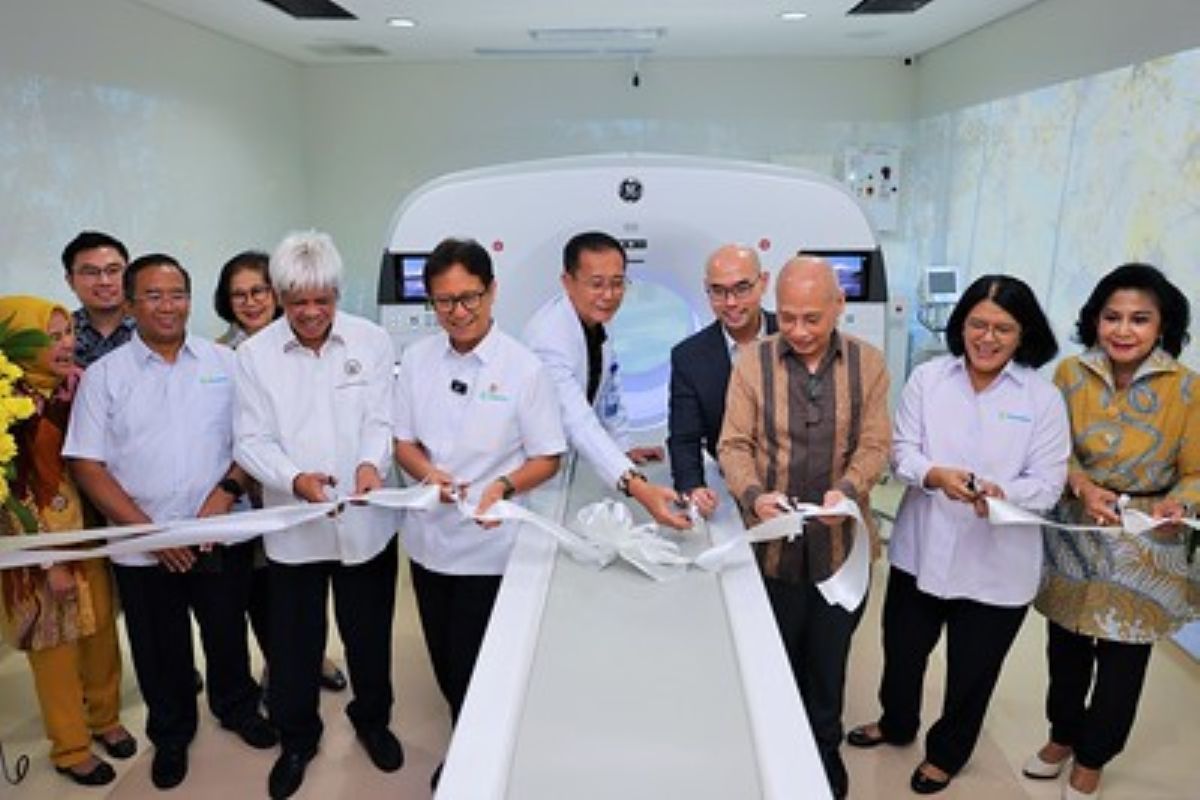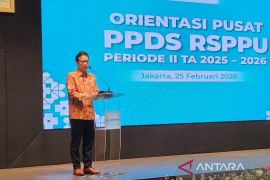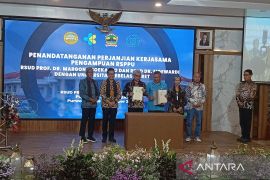"Our target is to install six PET scanners in 2024, nine in 2025, and one more in 2027. This will ensure that all islands in Indonesia have access to PET scans," Health Minister Budi Gunadi Sadikin said in Banten on Thursday.
"To support this, we need a cyclotron network capable of distributing radiopharmaceuticals across the country," he added.
As of August 2024, Indonesia has three cyclotron facilities, located at Jakarta's Dharmais Hospital, MRCCC Siloam Hospital, and Gading Pluit Hospital.
"This tool is expensive, and not many hospitals have it, but its benefits are enormous. With cyclotron and digital PET/CT scans, we can detect the spread of tumor cells more accurately, allowing patients to continue their treatment domestically," he explained.
According to World Health Organization (WHO) data obtained through the International Agency for Research on Cancer (IARC), the number of new cancer cases in Indonesia in 2022 was estimated at 408,661, with 242,988 deaths.
Sadikin noted that this number is expected to continue rising unless significant prevention efforts are made.
"Cancer-related deaths can be prevented through routine screening, early diagnosis, and quality treatment," he said.
Therefore, he added, the government is working to improve the cancer service network by supporting the development of technology-based cancer therapies, such as radiotherapy.
He also pointed out that government hospitals alone are not enough to serve all patients in Indonesia, particularly the upper middle class who require premium healthcare options.
The minister emphasized the important role of private hospitals in supporting public health services and reducing dependence on foreign healthcare providers, potentially saving hundreds of trillions of rupiah in foreign exchange.
He encouraged private hospitals to accelerate the improvement of service quality, including in technology, facilities, and medical personnel.
"Cross-sector collaboration is crucial. These advanced tools require full support, including from BAPETEN to ensure their permits and technical security," he added, referring to the Nuclear Energy Regulatory Agency.
Related news: Indonesia launches national plan for cancer prevention and control
Related news: Airlangga University Hospital cooperates with Singapore cancer center
Translator: Mecca Yumna Ning Prisie, Yashinta Difa
Editor: Tia Mutiasari
Copyright © ANTARA 2024












